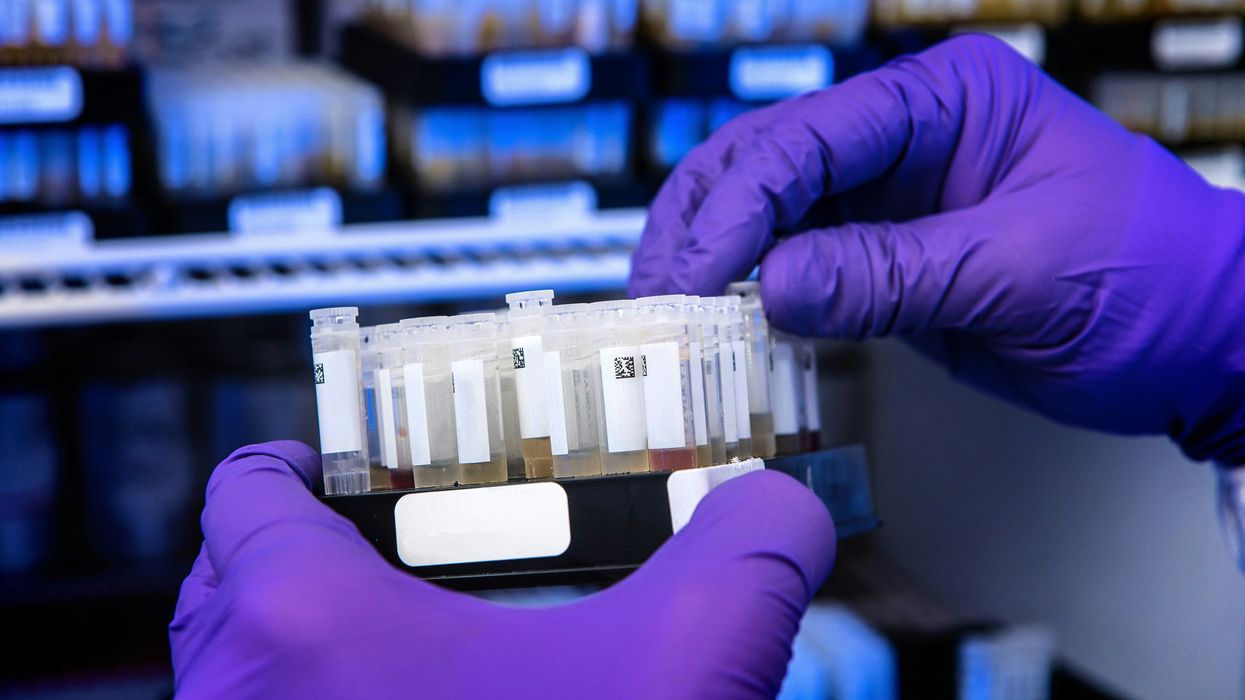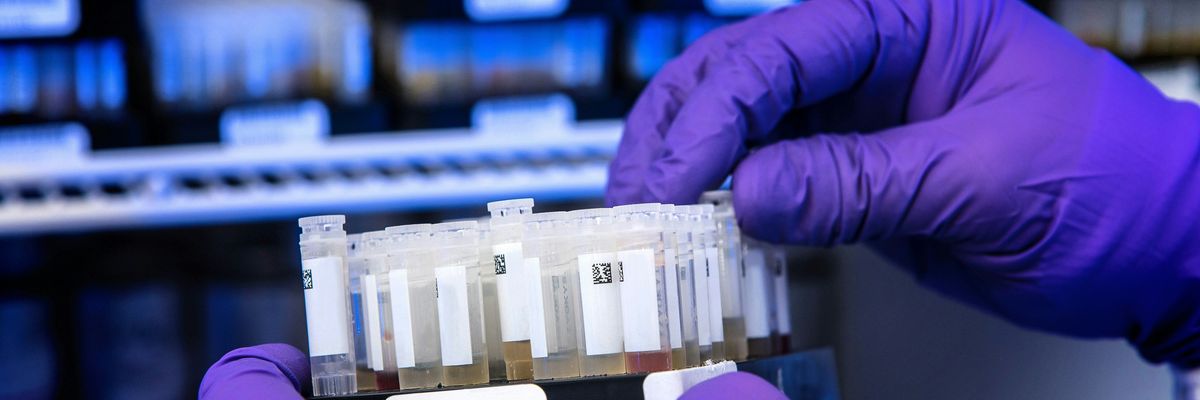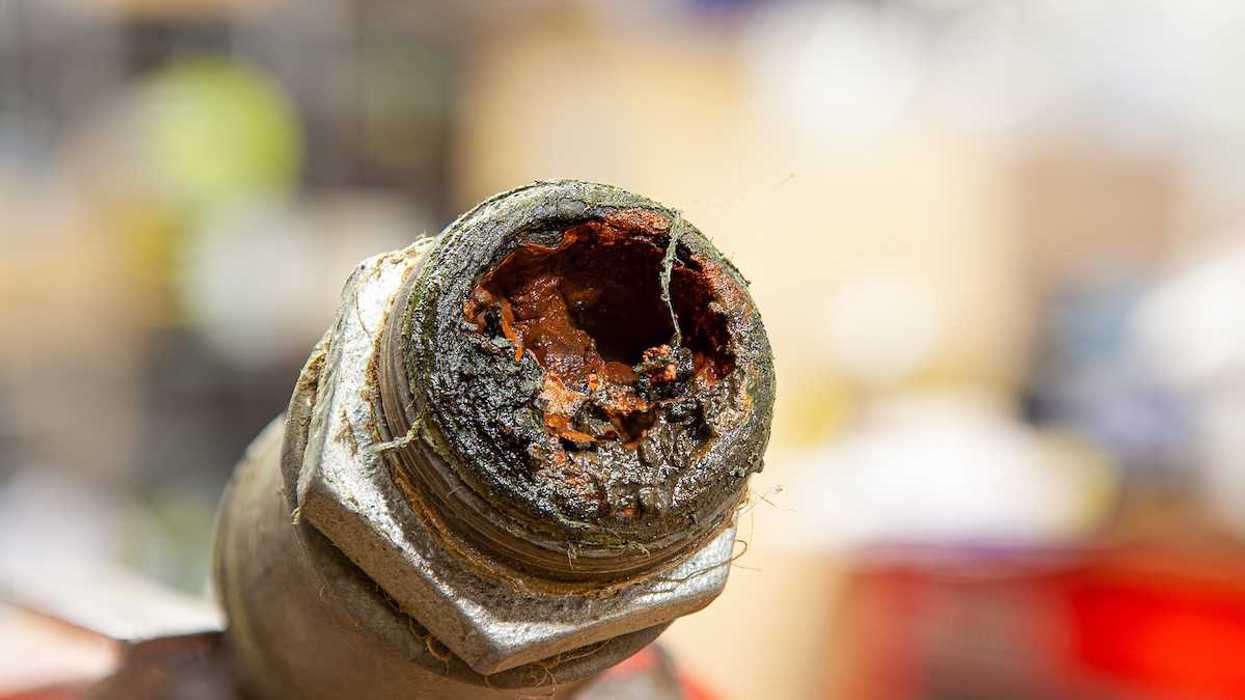A new commentary in Frontiers in Toxicology examines how current approaches to testing chemicals need to be updated to better protect human health, particularly in the US.
In short:
- The authors emphasize that testing chemicals for toxic effects before they’re allowed to be used in products or manufacturing, as well as periodic retesting and reevaluation, is critical for protecting human health.
- They also point out that many of the testing methods used by US regulators focus on acute and immediate signs of toxicity, and don’t account for longer term health outcomes that are more relevant to public health.
Key quote:
“Better testing, and better use of testing data, can protect the public’s health.”
Why this matters:
While the science around the health impacts of chemical exposures has continued to develop, the risk assessment and testing methods that underpin much of the US’ regulations aren’t frequently updated. While some regulatory bodies in Europe take a stronger approach to toxics, chemicals that have been linked to diseases by thousands of studies are still used in consumer products worldwide.
Related EHN coverage:
- Op-ed: An open letter to the Food and Drug Administration Commissioner
- Op-ed: When it comes to food chemicals, Europe’s food safety agency and the FDA are oceans apart
More resources: The US Food & Drug Administration (FDA) is hosting a public meeting and comment period focused on the potential development of a new process for assessing chemicals in food. Listen in on the meeting on Sept. 25 to learn more about the effort, and make comments by Dec. 6.
Maffini, Maricel et. al for Frontiers in Toxicology vol 6. Aug. 12, 2024
- Down to Earth: The emerging field of planetary health ›
- Scientists: Time to treat the climate and nature crisis as one indivisible global health emergency ›

















